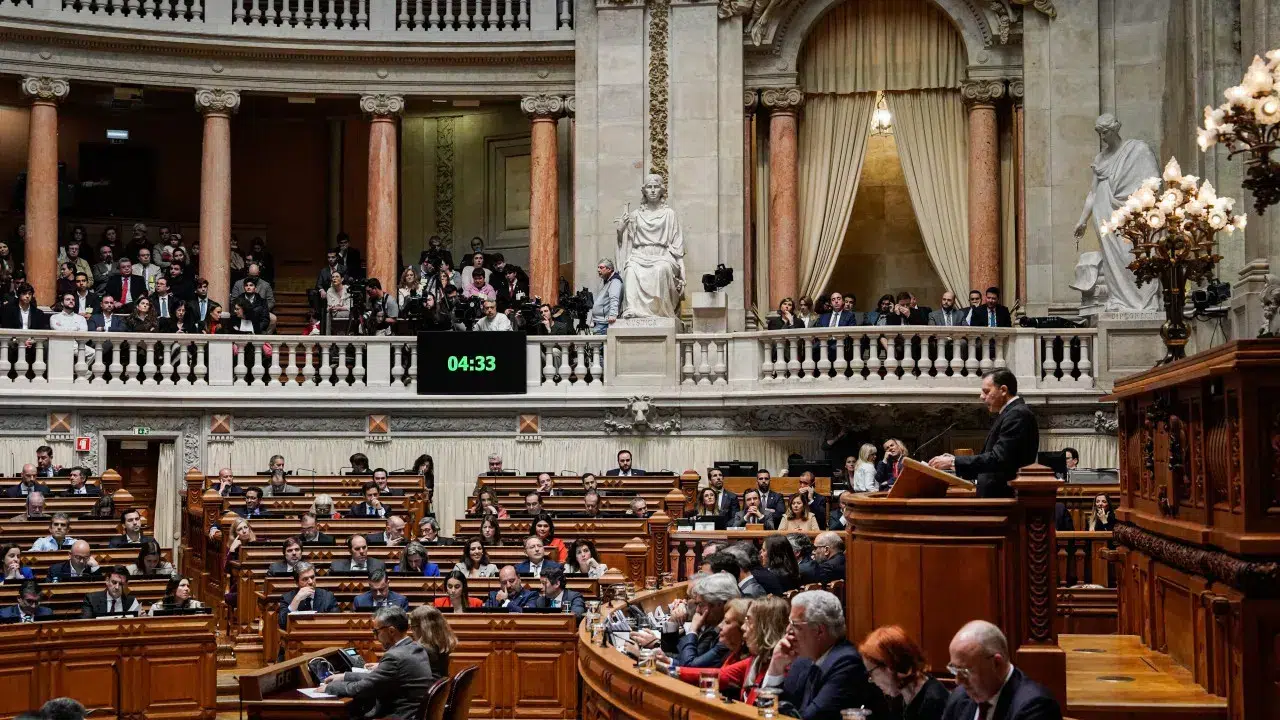
The bills were introduced following a petition from the Associação de Lesados em Obrigações e Produtos Estruturados (ALOPE), which was submitted to the Assembly of the Republic in 2020.
The proposal from the Socialist Party (PS), aimed at adopting protective measures for non-professional investors in the marketing of financial products, initially passed with opposition from CDS-PP and Social Democratic Party (PSD) but was later rejected when the Portuguese Communist Party (PCP) and Chega (CH) decided to abstain.
The Left Bloc (BE)’s proposal, intended to protect savers and non-qualified investors, was rejected by the votes of CDS-PP, Liberal Initiative (IL), and PSD, with CH and PS abstaining.
The proposal from Livre, which advised enhancing protection for non-professional investors, faced opposition from CH, CDS, and PSD, with abstentions from IL and PCP.
During the presentation, Socialist deputy Carlos Pereira argued that Portugal “cannot be a country of complex financial products, often even creative, and at the same time a kind of hell for investors — small investors and non-professional investors.”
The coordinator of BE, Mariana Mortágua, highlighted the existence of complex financial products and noted a “level of misinformation and inequality in access to information between those who invest and those who sell products.”
Patrícia Gonçalves from Livre insisted that the state must ensure that “everyone plays by the same rules” and advocated for increased financial literacy.
“We also advocate for the training of specialized mediators who really know how to help, are prepared to handle financial conflicts, and respond to people with seriousness.”
Filipe Sousa from Juntos Pelo Povo (JPP) emphasized the urgency of ensuring greater protection for retail investors through the creation of an investor ombudsman and mandatory reporting in financial conflicts.
Recognizing the importance of the issue, Liberal deputy Mário Amorim Lopes stressed the need to differentiate between fraud and a lack of information regarding financial products, citing the poorly promoted commercial paper of Banco Espírito Santo as an example.
“This lack of information is precisely resolved through financial literacy,” he argued, presenting an information sheet for a deposit account spanning four pages.
CDS-PP parliamentary leader Paulo Núncio remarked that this is a subject “requiring technical precision, solid legal knowledge, and legislative responsibility,” as ensuring investor security is “defending a free capital market.”
From Chega, deputy João Ribeiro insisted on the necessity of financial literacy in schools “and even among the adult population,” pointing out the state’s failure to citizens as a market regulator.
Social Democrat Pedro Coelho noted that petitioners have two areas of intervention: prevention and oversight, and response in cases where institutions do not meet their legal obligations.
According to Coelho, “none of them provide technical or financial justification, some establish prohibitions (…), creating more obstacles, and all are misaligned (…) with the European framework.”




